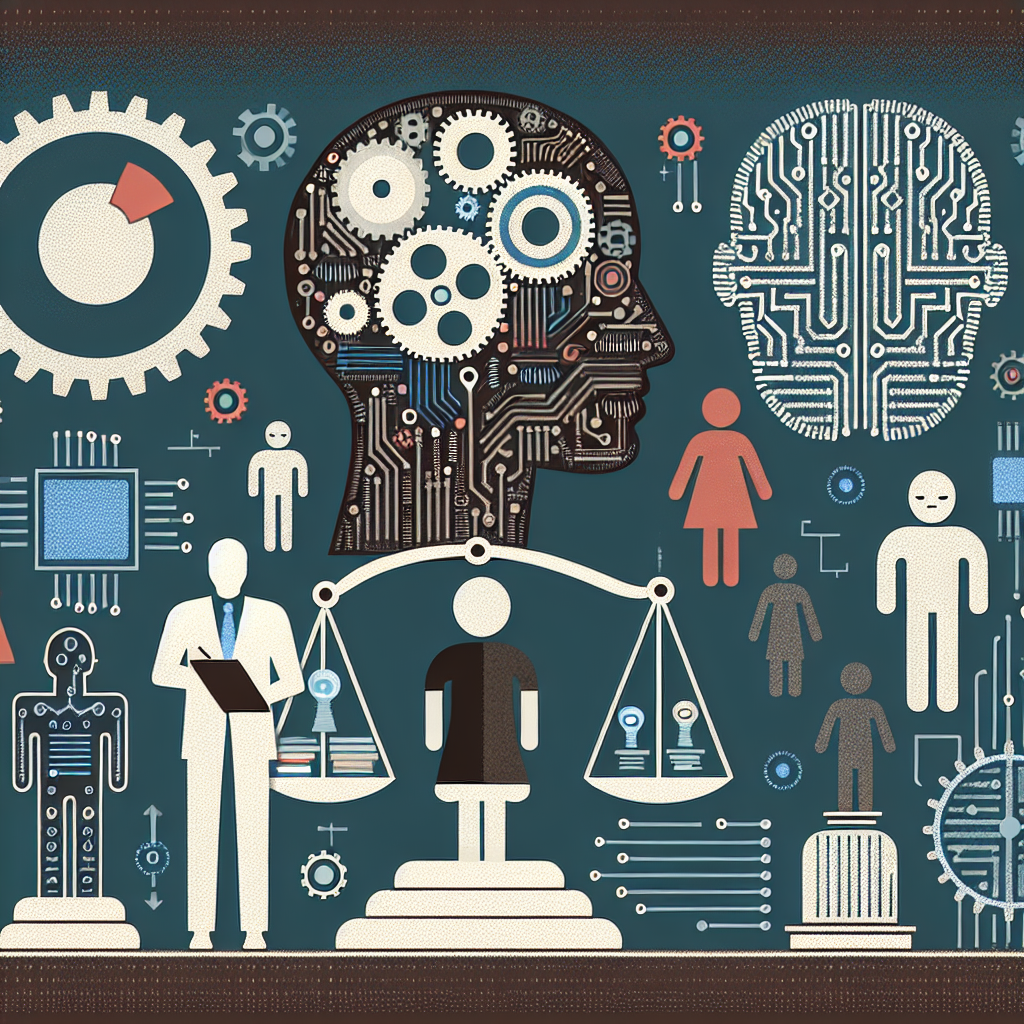Artificial General Intelligence (AGI) is a technology that has the potential to revolutionize the way we live and work. AGI refers to a type of artificial intelligence that possesses human-like cognitive abilities, such as reasoning, problem-solving, and learning. While current AI systems are designed for specific tasks, such as image recognition or natural language processing, AGI aims to create machines that can perform a wide range of tasks with the same level of proficiency as a human.
The development of AGI poses both challenges and opportunities for society. On one hand, AGI has the potential to automate many tasks currently performed by humans, leading to increased efficiency and productivity. On the other hand, the widespread adoption of AGI could lead to job displacement and economic inequality. In this article, we will explore the challenges and opportunities of AGI development and discuss how society can best prepare for the arrival of this transformative technology.
Challenges of AGI Development
One of the main challenges of AGI development is creating a machine that can truly understand and reason about the world in the way that humans do. While current AI systems excel at specific tasks, they lack the ability to generalize their knowledge to new situations. AGI systems must be able to learn from experience, adapt to new environments, and make decisions based on incomplete or uncertain information. This level of cognitive flexibility is extremely difficult to achieve with current technology.
Another challenge of AGI development is ensuring that these systems are safe and reliable. AGI systems have the potential to make decisions that can have far-reaching consequences, both positive and negative. It is essential that these systems are designed with robust safety mechanisms to prevent unintended harm. Additionally, AGI systems must be transparent and accountable, so that humans can understand how they make decisions and intervene if necessary.
Finally, the development of AGI raises ethical and societal concerns. For example, there is a risk that AGI systems could be used to manipulate public opinion or infringe on privacy rights. Additionally, the widespread adoption of AGI could lead to job displacement and economic inequality, as machines take over tasks that were previously performed by humans. It is important for society to address these concerns and develop policies that ensure the responsible deployment of AGI.
Opportunities of AGI Development
Despite the challenges, the development of AGI also presents many opportunities for society. AGI has the potential to revolutionize industries such as healthcare, transportation, and education, by automating tasks that are currently time-consuming or difficult for humans to perform. For example, AGI systems could assist doctors in diagnosing diseases, help drivers navigate traffic, or personalize learning experiences for students.
AGI also has the potential to accelerate scientific and technological progress. By automating tasks such as data analysis and experimentation, AGI systems could help researchers make new discoveries and develop innovative solutions to complex problems. Additionally, AGI systems could assist in the development of new technologies, such as self-driving cars or personalized medicine, by simulating and testing different scenarios.
Overall, the development of AGI has the potential to improve the quality of life for people around the world, by increasing efficiency, productivity, and innovation. However, it is essential that society works together to address the challenges of AGI development and ensure that this technology is used in a responsible and ethical manner.
FAQs
Q: What is the difference between AGI and narrow AI?
A: Narrow AI refers to artificial intelligence systems that are designed for specific tasks, such as image recognition or natural language processing. AGI, on the other hand, aims to create machines that can perform a wide range of tasks with the same level of proficiency as a human.
Q: How close are we to achieving AGI?
A: While significant progress has been made in AI research, we are still far from achieving true AGI. Current AI systems lack the ability to reason about the world in the way that humans do, and there are many technical challenges that must be overcome before AGI can be realized.
Q: What are the ethical concerns surrounding AGI development?
A: Some of the ethical concerns surrounding AGI development include the potential for misuse of the technology, job displacement, and economic inequality. It is essential for society to address these concerns and develop policies that ensure the responsible deployment of AGI.
Q: How can society prepare for the arrival of AGI?
A: Society can prepare for the arrival of AGI by investing in education and training programs that prepare people for the changing job market. Additionally, policymakers should work to develop regulations and guidelines that ensure the safe and ethical deployment of AGI technology.
In conclusion, the development of AGI poses both challenges and opportunities for society. While AGI has the potential to revolutionize industries and improve the quality of life for people around the world, it also raises ethical and societal concerns that must be addressed. By working together to address these challenges and ensure the responsible deployment of AGI, society can harness the full potential of this transformative technology.

